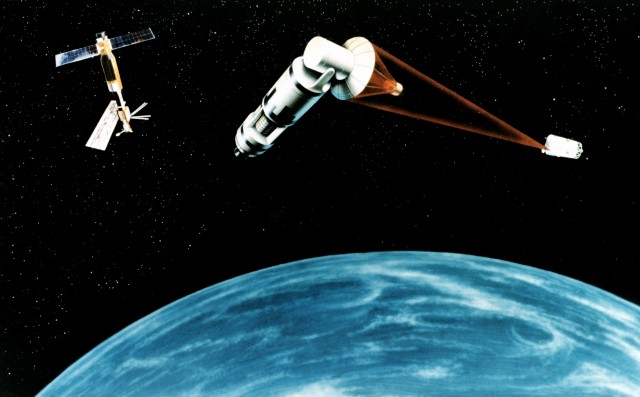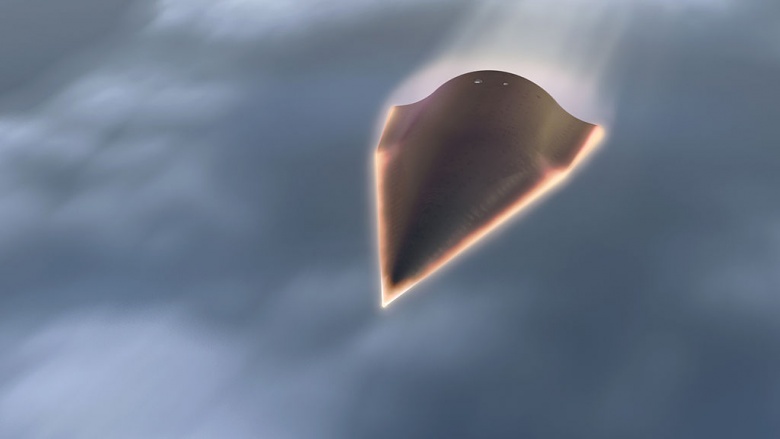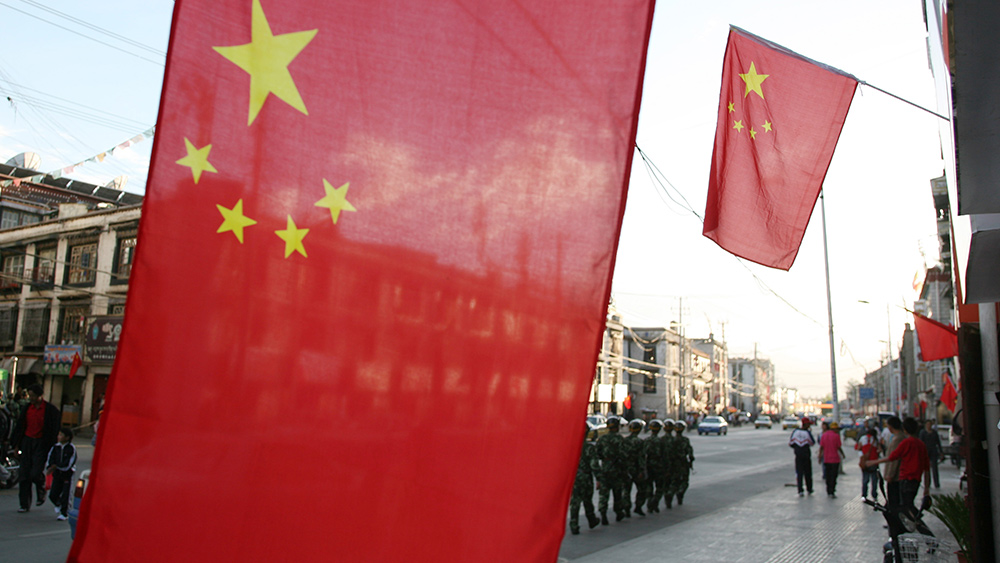
Advertisement
As space becomes increasingly important and militarized, countries are considering how to avoid coming into costly conflict with each other. They have dispatched legal experts to hash out an agreement on the rules that will govern space warfare, a Space.com article states.
By establishing the consequences of a war in space, the international group of experts hopes they can prevent the outbreak of such warfare. They are drawing from Earth’s existing laws.
For example, space assets like satellites are vital to communications, early warning, navigation, and surveillance systems around the world. These will probably be the first to get taken out by an enemy during a possible war in space.
Elsbeth Magilton, a prominent official who oversees the University of Nebraska College of Law’s space law program, says that the technology to destroy satellites or jam GPS signals is already available. She also adds that many people don’t realize GPS jamming would disrupt financial markets.
Many transactions use GPS for authentication purposes. Taking out the satellites that provide the necessary radio-navigation services would stop a good chunk of the world’s trade. (Related: DARPA is focusing on space as the new great battlefront.)
Space warfare is unregulated by any international law
Most people cannot see space as a battleground outside of the occasional science fiction movie or television series. Magilton says that space security has been a big part of national security for a while now.
Nations from around the world are now trying to protect their space from intrusion or hostile actions. In March 2018, President Donald Trump envisioned a “space force,” an independent branch of the U.S. military that will wage war in space.

While international laws like the Geneva Conventions oversee warfare on Earth, there are no such equivalents for space warfare. Melissa de Zwart of the Adelaide Law School says that existing treaties involving outer space barely touch upon the military and commercial activities currently being undertaken today.
de Zwart believes diplomatic ventures involving space would be more effective if international laws regulated space warfare. Nation-states would know the appropriate reaction for an incident in space – and perhaps avoid outright conflict.
That is why a team of legal experts from multiple countries is hammering out the details of the Woomera Manual on the International Law of Military Space Operations. The ambitious legal document intends to define military and security matters pertaining to space.
Woomera Manual hopes to provide guidelines that may limit space warfare
Magilton explained that they chose the name to honor the South Australian township that housed local and multi-national military space operations for many decades. Australia is the fourth nation (out of just 12) to launch its own satellites, with the first such launch taking place at Woomera in 1967.
The Woomera Manual draws inspiration from similar academic documents during the past two decades. Examples include the Harvard-developed Manual on Air and Missile Warfare and the cyber-oriented Tallinn Manual.
The new document will provide guidelines on how international law should regulate military activities in space during rising tensions or open warfare. They are devised by the world’s foremost legal experts, who pool their minds together to see how the rule of law should regulate potential flashpoints.
Manuals like the Woomera document are not the last word on a matter, nor are they legally binding. However, they can guide the actions of policy and decision makers.
“We hope the manual is a meaningful resource to policymakers as they draft and consider new legislation or international agreements,” Magilton says of the Woomera Manual, which is expected to be finished by 2020.
Find out more about the importance of space to U.S. security at NationalSecurity.news.
Sources include:
Law.Adelaide.edu.au [PDF]
Submit a correction >>
This article may contain statements that reflect the opinion of the author
Advertisement
Advertisements















